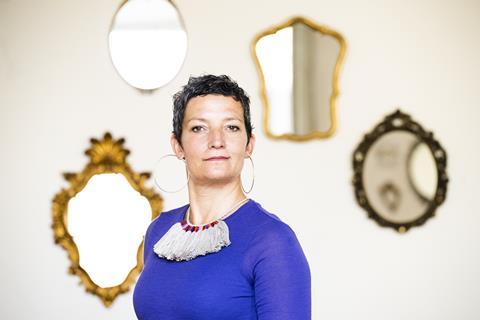
Locarno’s Open Doors launched in 2003 as a co-production platform, later becoming a development programme as well. Since then it has supported hundreds of filmmakers from underrepresented countries where cinema and art as a form of expression are at risk. This year marks the final in a three-year cycle devoted to film projects and talents from 22 countries in Latin America and the Caribbean.
Open Doors offers three specific programmes — Projects Hub, Producers Lab and Directors Club — that provide training, learning and networking as well as public screenings and events. It takes place online in July and then onsite during Locarno Pro (August 8-13).
Eight projects in development have been selected to participate in the Projects Hub co-production platform. This sees the titles introduced to international industry professionals, and also offers coaching and group working to the filmmakers.
A further eight participants join the Producers Lab, a career development programme for creative producers that focuses on strengthening collective working structures and creative collaborations within the regions.
Open Doors’ third talent development programme, the Directors Club, is aimed at directors whose films are selected for Open Doors Screenings. It gives them access to talks, workshops and networking opportunities.
Zsuzsi Bánkuti, head of Open Doors, says she was struck by the strength of the 150 applications to the programme this year. “They were all interesting, thought-through and well-written. Over the course of this cycle, I’ve seen a huge development in terms of applications from the countries taking part.”
The reason, thinks Bánkuti, is that word of Open Doors’ focus on Latin America and the Caribbean has spread in the region. “Filmmakers recognise that the programme really does open doors to the international industry, and that if they are selected for Open Doors, there is a chance to get their film made.”
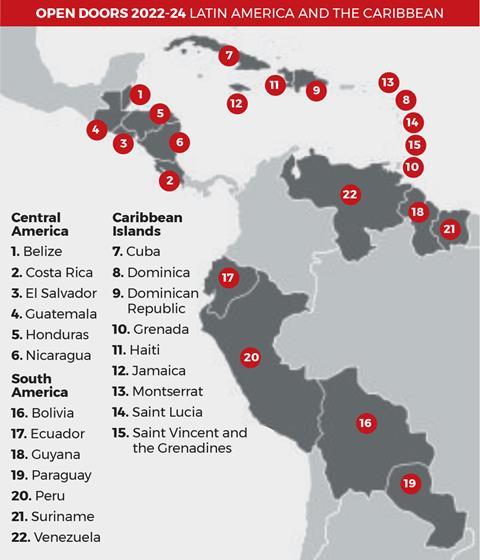
Bánkuti says Open Doors has made no compromises in its selection process, choosing individuals — including a significant number of first-time filmmakers — offering innovative visions and bold experimentation with form that promise to push the boundaries of storytelling. “The diversity in perspectives among these projects and filmmakers is remarkable, offering fresh, unique viewpoints that challenge traditional narratives,” she says.
For example, the Projects Hub includes Venezuelan female vampire story Caribbean Fever (Fiebre Caribe) by Diego Andres Murillo; Ecuadorian queer sci-fi film UFOs In The Tropics (Ovnis En El Trópico) by Roberth Mendoza; and Peruvian genre-bender Return Of The Last Mochica Warrior (Huaco Retrato) by Fernando Luis Mendoza Salazar, blending video games and film.
Bánkuti stresses that Open Doors is not in the business of telling filmmakers how to make their movies. Its most important function, she affirms, is to provide them with the courage, confidence and self-belief to tell their stories, as well as fresh ways of looking at the projects.
It is also about providing a space for the filmmakers to build connections among themselves, encourage partnerships and spark cross-border collaborations. “A lot of people who met in Open Doors have started to work together, collaborate and co-produce, giving rise to a lot of interesting projects,” says Bánkuti.
Collaboration is all the more important given most of the countries represented do not have stable state funding programmes for films.
For this reason, Open Doors encourages filmmakers to think how they can build a sustainable industry in their countries without involving public funding. One focus for discussion is the formation of collectives. “It’s about how to develop independence early through alternative working methods, particularly collective ways of working together,” says Bánkuti.






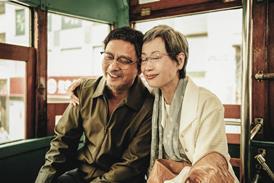





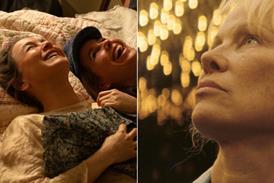

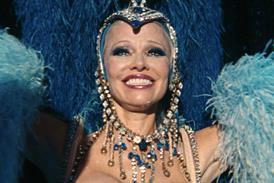










No comments yet